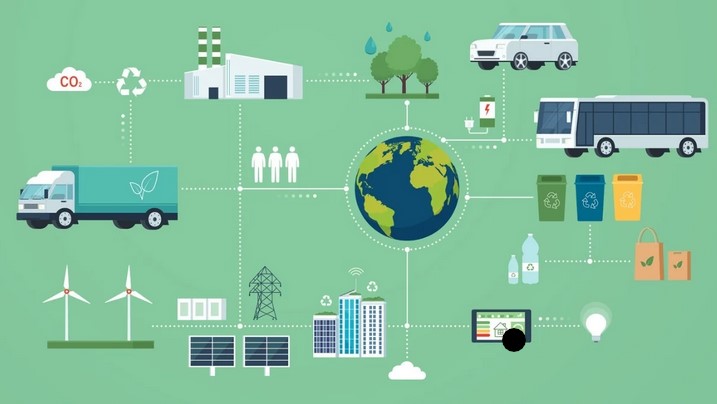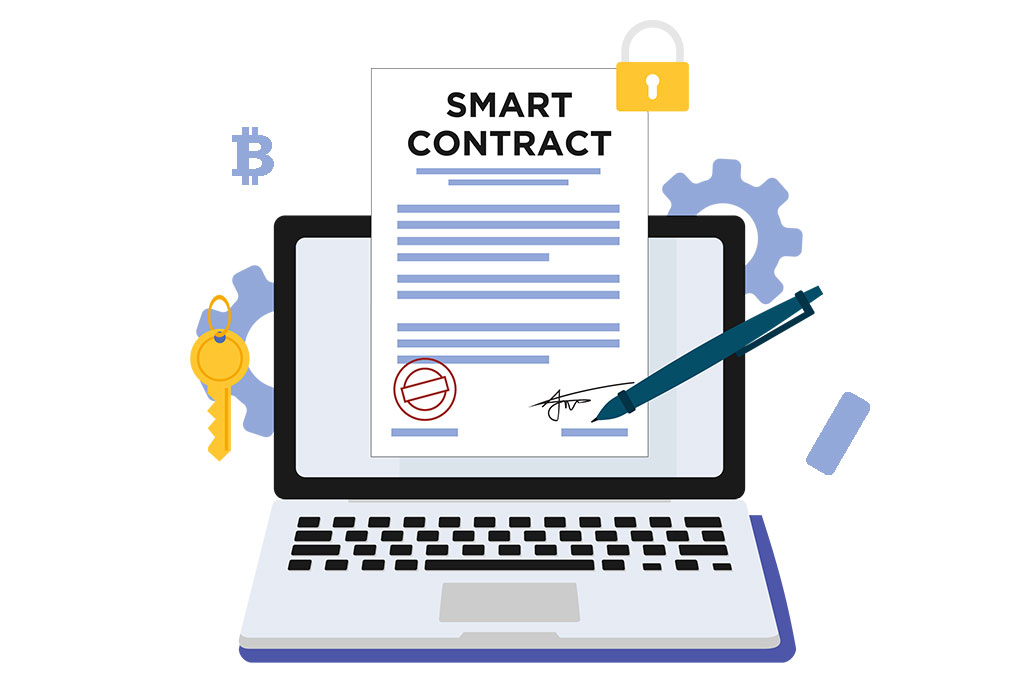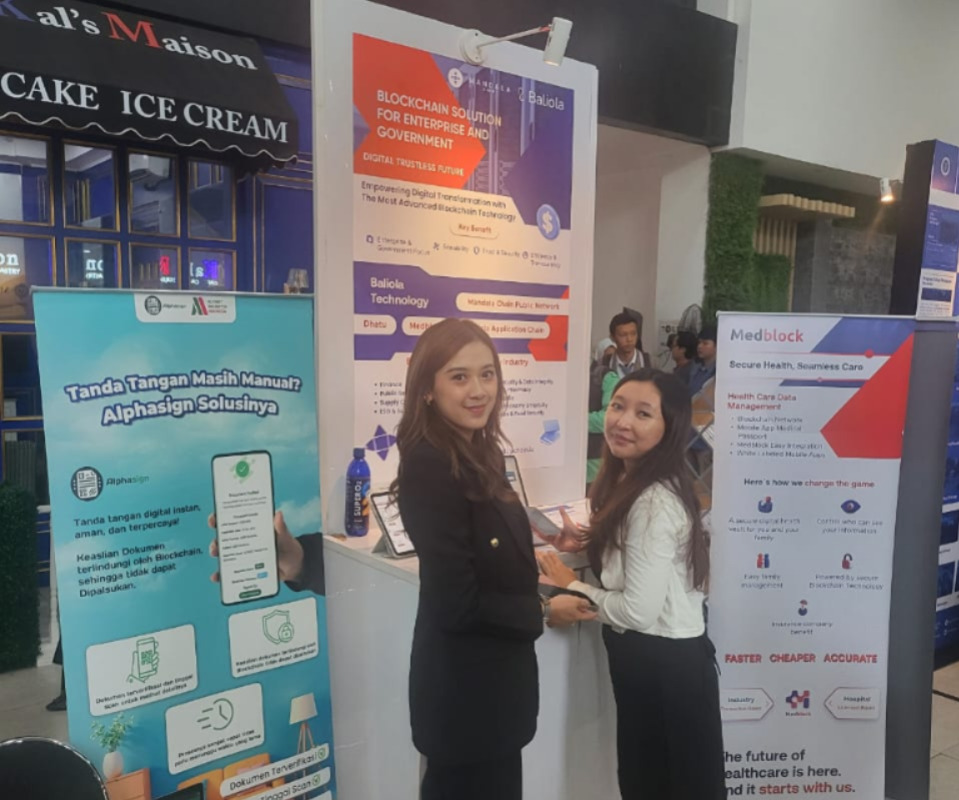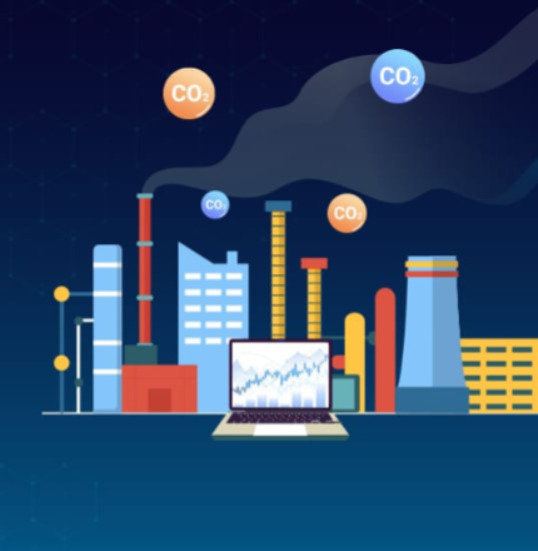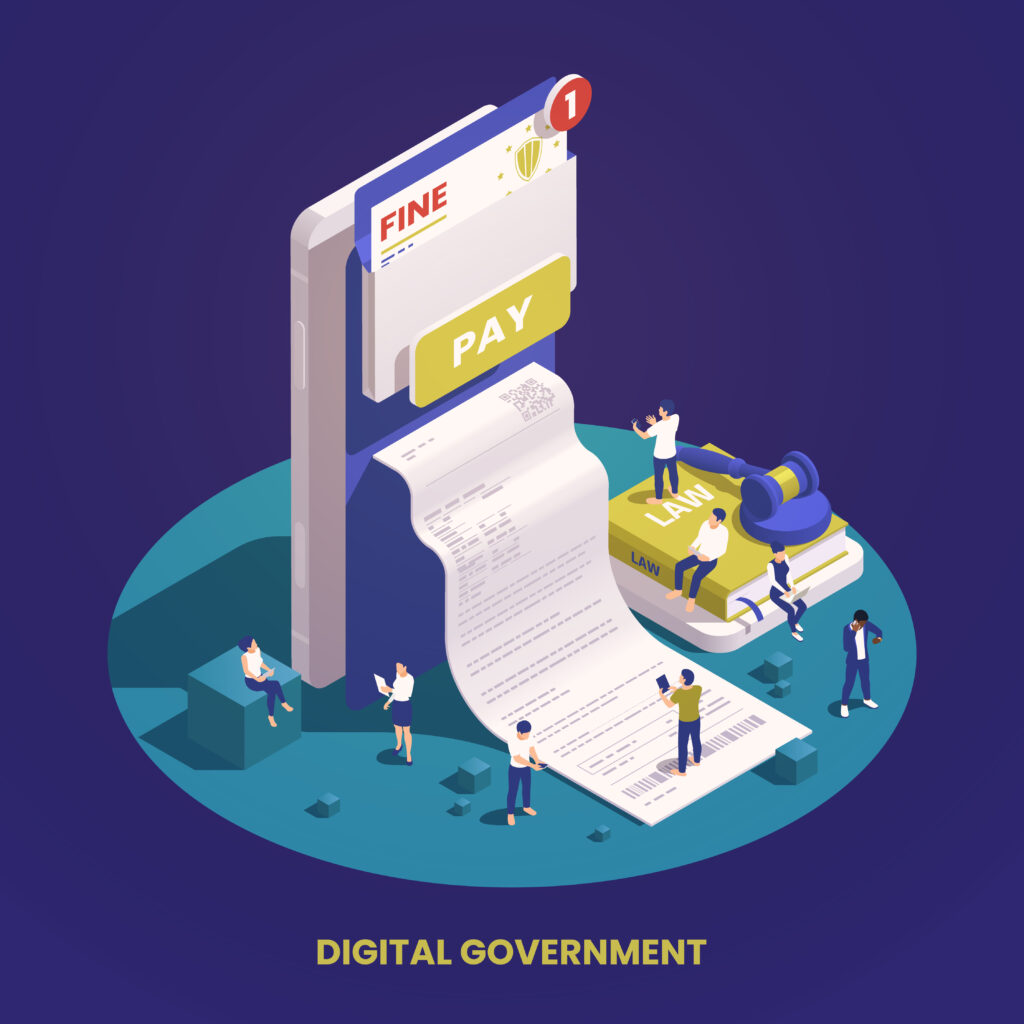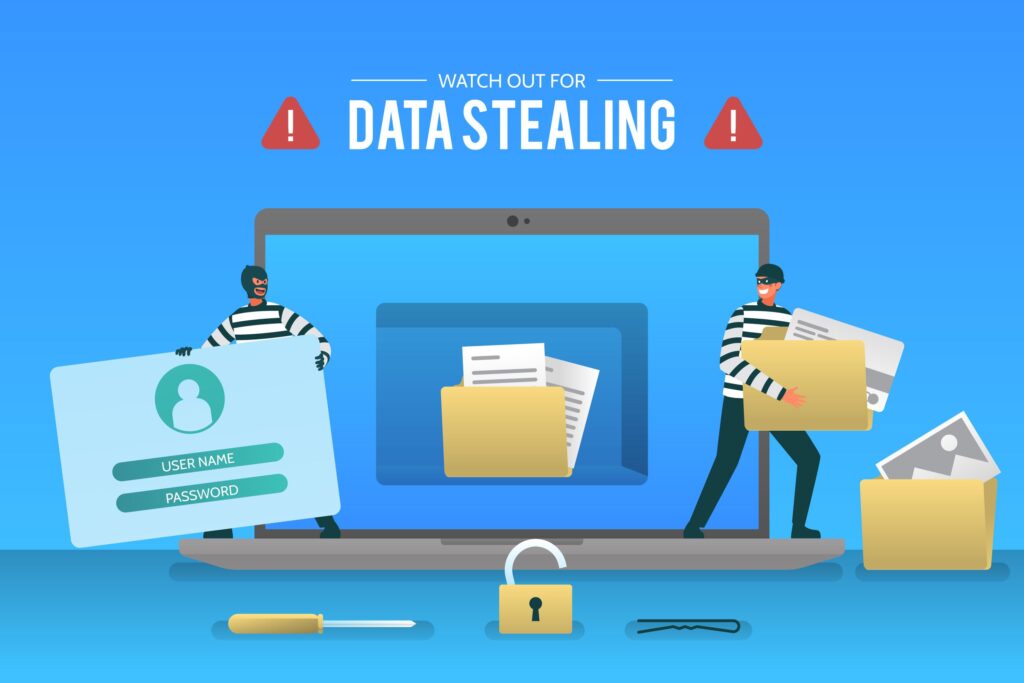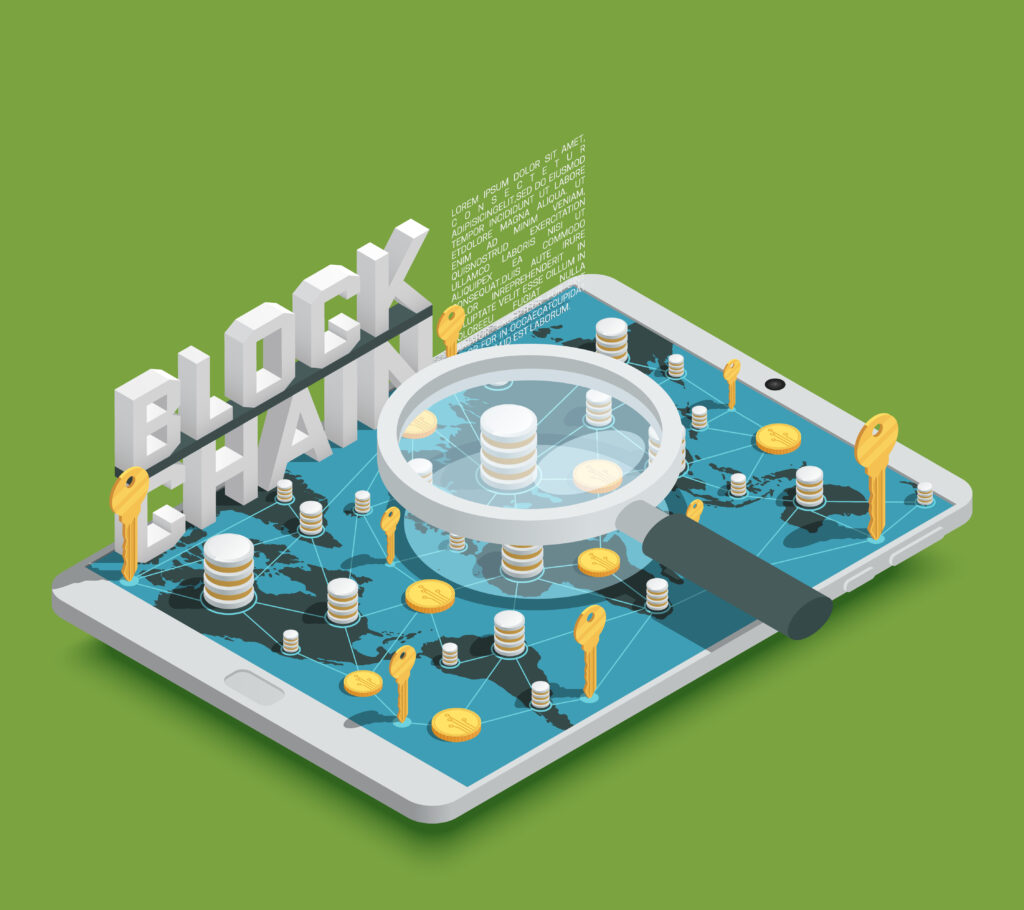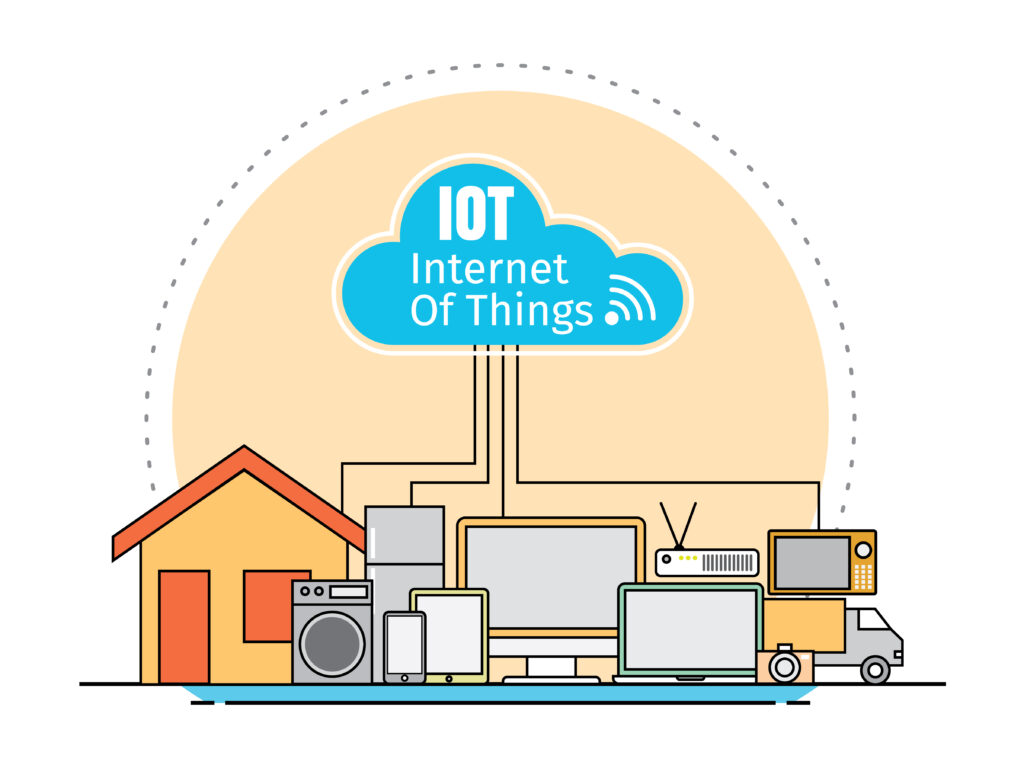Blockchain’s Role in Ethical Sourcing and Certification in Mining
As the global demand for minerals such as gold, cobalt, and lithium continues to rise, so too does the pressure on mining companies to source these materials ethically. Consumers, investors, and regulators are increasingly concerned with the social and environmental impact of mining operations, from labor practices to environmental sustainability. However, ensuring that minerals are […]
Blockchain’s Role in Ethical Sourcing and Certification in Mining Read More »
